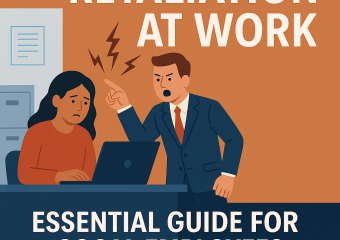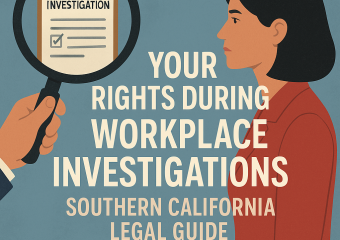Car Accident Guide: Essential Steps for Best Outcomes
After the Crash: Legal Steps to Take Following a Car Accident
Car accidents can be traumatic experiences, shaking up your day, your plans, and sometimes your sense of safety. From minor fender-benders to more significant collisions, the aftermath often involves more than just physical recovery. Knowing the legal steps to take following a car accident not only ensures your rights are protected but can also facilitate a smoother path to recovery in terms of handling damages and compensations.
Understand the Importance of Remaining at the Scene
One of the first and most critical steps after experiencing a car accident is to stay at the scene. It’s essential not only from a legal standpoint but also for assessing the damage and interacting with other parties involved. Leaving the site of an accident can lead to significant legal consequences, including charges of hit and run, which might complicate your situation further.
Ensure everyone involved is safe and check for any injuries. Call emergency services immediately if someone is hurt. Even if the accident seems minor, having a police report can be invaluable. The report serves as an official document that details the incident and offers an unbiased perspective which is useful for legal and insurance purposes.
Exchange Information with Involved Parties
Exchanging contact and insurance information with the other driver is a crucial step. Make sure to obtain their full name, address, phone number, driver’s license number, vehicle registration, and insurance details. This information will be essential when filing insurance claims or if legal action becomes necessary.
While interacting, keep the conversation with the other driver minimal. It’s advisable not to admit fault or make statements that could be interpreted as admitting liability. These discussions are best left for the insurance companies and legal professionals to decipher based on factual reports and evidence.
Document the Scene and Seek Medical Attention
Documenting the accident scene can significantly influence the outcome of your insurance claims and potential legal proceedings. Take photographs or videos of your vehicle from different angles to show the damage extensively. Also, capture pictures of the surrounding area, traffic signs, and weather conditions, as these may provide critical context to the incident.
Even if you feel fine, consider seeking medical attention. Some injuries, like whiplash or internal bruising, can take hours or even days to manifest symptoms. Having a medical report provides a link between the accident and any injuries you sustained, which is crucial for compensation claims.
Notify Your Insurance and Consider Legal Consultation
Contact your insurance company as soon as possible to notify them of the accident. Providing them with the police report, photos of the accident, and the other driver’s details will help expedite the claims process.
Additionally, it might be wise to consult with a lawyer who specializes in car accident cases. Legal professionals can offer invaluable advice, especially if the accident involves significant damage, injuries, or if there’s a dispute about fault. A lawyer can protect your interests and guide you through the complexities of insurance claims and potential lawsuits.
What to Do Next?
In the days following the accident, keep a record of any medical treatments and monitor your health closely. It’s also beneficial to write down your recollection of the event while the details are still fresh. This information can be very helpful to your attorney or insurance adjuster.
Keep all receipts and records of expenses related to the accident, such as medical bills, car repairs, and any other related expenses. These documents are important for reimbursement from your insurance or from the party at fault.
Conclusion
Going through a car accident is undoubtedly challenging, but understanding and following these legal steps can alleviate some of the stress and help ensure you receive the necessary support and compensation. Always consider the impact of your actions post-accident on your legal standing and actively seek professional guidance to safeguard your interests. Understanding these fundamental steps prepares you to handle the aftermath of a car accident with a balanced approach, ensuring your recovery and rights are equally addressed.




